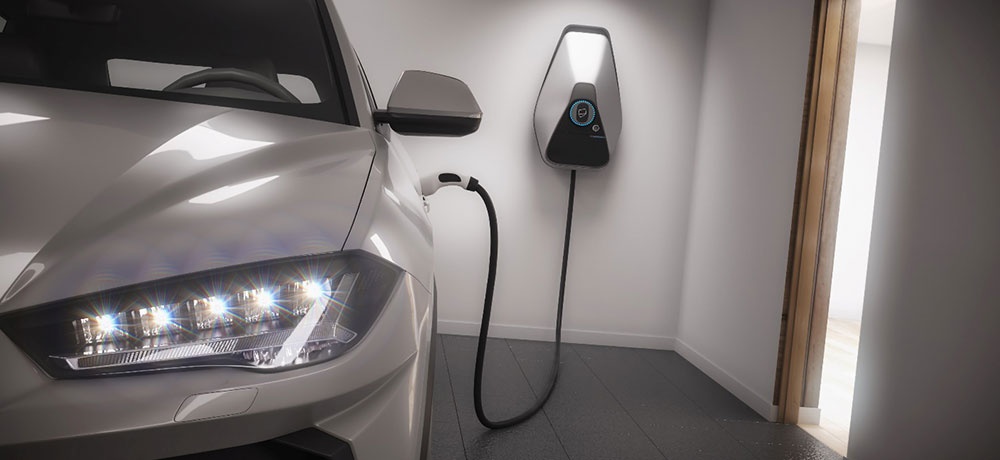Save money by prewiring for solar and electric vehicle charging

You have many decisions to make when building a new home, including choices around renewable energy. If you’re still on the fence regarding solar power or a future electric vehicle (EV) charging station in the garage, it’s an excellent idea to prewire for those upgrades now. Hiring electricians in Calgary to do so after the fact will be a time-consuming and expensive project.
Here is more information on prewiring for a solar power system and EV charging station:
It’s less expensive to rough-in for solar power during construction
Homes designed to have a solar power system installed in the future are called ‘solar-ready.’ Many factors go into making a home solar-ready. Considering them during construction will save you a lot of time and money when installing a solar system down the road.
Preparing the roof
The roof needs to be designed for good solar panel placement. That means things like skylights and vents shouldn’t obstruct where you plan on installing solar panels in the future. Planning for this is something your home builder can do for you in the design stages of your home building project.
Prewiring for solar
The most extensive work required for solar installation is electrical. Calgary electricians need to install the proper panel size and capacity, and conduit or cable, for a future solar upgrade. Roughing in the conduit for a solar system when the walls and floors are open during construction can save you thousands of dollars compared to post-construction.
Your electrical panels will need to have the additional internal current-carrying capacity to run a solar system. We can help you choose a panel that is already solar-ready, as not all on the market are. Installing the capable panel now will be more cost-effective than having to replace a panel later. While your electrician is checking the panel capacity, they’ll make sure it can handle both a solar power system and a future EV charging station.
More power is needed to charge an electric vehicle
To accommodate an electrical load for an EV charger or more than one charger, you need a larger electrical panel and service than a typical home has. You can retrofit this after construction, but like solar power, it will be labour intensive, inconvenient, and expensive.
The standard residential electrical service (the wire running from utility lines to your home) is 100A. To add one or two 240V, 50A charging circuits for your electric vehicle, you will probably require a 200A electrical panel. You’ll also need a larger conduit that can handle carrying that electrical load. To do it after construction, electricians from Calgary will have to dig a trench to run a capable conduit to upgrade the electrical service. They’ll have to upgrade the panel and panel feed, which means accessing wiring behind walls.
It’s best to do it while the walls are wide open, and while everything is still unfinished. Then when you decide it’s time to upgrade, it can be done fast, painless, and at a much lower cost.
Have questions? Connect with us at Westland Electric. We can help you prepare for these eco-friendly upgrades and advise on your best course of action during your new home construction project.